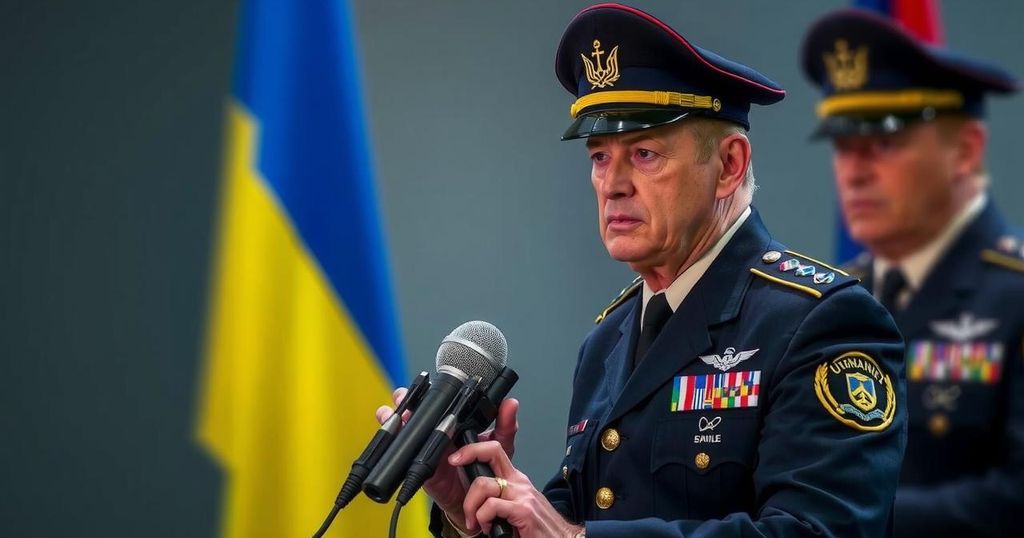NATO Chief Warns Trump: Weak Ukraine Peace Deal Could Increase Global Threats

NATO Chief Mark Rutte warns President-elect Trump that a weak peace deal for Ukraine could threaten global security by emboldening authoritarian states like China, Iran, and North Korea. He emphasizes that such a deal could disrupt international stability and lead to increased threats against Europe and the United States. Rutte’s concerns align with discussions on the Russo-Ukrainian conflict and its implications for US foreign policy priorities.
Mark Rutte, NATO’s Secretary-General, has expressed concerns to US President-elect Donald Trump regarding the implications of a potential peace agreement regarding Ukraine that may be perceived as weak. Rutte articulated that such an arrangement would not only fail to secure Ukraine’s interests but could also lead to emboldening adversarial nations including China, Iran, and North Korea, ultimately posing a significant threat to both European and global security. His statements were made in light of the growing cooperation among authoritarian regimes which could take advantage of a compromised deal.
In a conversation with The Financial Times, Rutte underscored that a peace deal lacking robust support for Ukraine carries far-reaching consequences. He warned that a situation where leaders like Russian President Vladimir Putin, Chinese President Xi Jinping, North Korean leader Kim Jong-un, and Iranian authorities are united due to a favorable settlement for Russia is untenable. Rutte implored that the international community must not allow such outcomes, as they would directly endanger Western security.
Rutte’s remarks coincided with discussions Trump had with his foreign policy team, assessing their international strategy. Following Rutte’s warning, UK Prime Minister Starmer acknowledged that the Russo-Ukrainian conflict would likely conclude through a negotiated arrangement. Meanwhile, advisers to Trump reiterated the belief that the Ukraine situation primarily concerns Europe, arguing for a realignment of US foreign policy priorities towards China and Iran.
The current geopolitical climate reveals heightened tensions stemming from the Russo-Ukrainian conflict. As NATO navigates the complex landscape of international relations, the potential influence of a weak peace agreement on powerful authoritarian regimes has garnered significant attention. With nations like Russia, China, Iran, and North Korea increasingly collaborating, the ramifications of a diplomatic failure with Ukraine could extend well beyond Europe, threatening global stability and security in a precarious balance of power.
In summary, Secretary-General Rutte’s cautionary statements emphasize the critical need for a strong stance on Ukraine in the face of potential peace negotiations. The implications of a weak agreement extend beyond regional concerns, possibly emboldening adversarial states and straining global security. The responses from international leaders reflect a growing consensus that the situation in Ukraine is pivotal for broader Western interests.
Original Source: euromaidanpress.com








